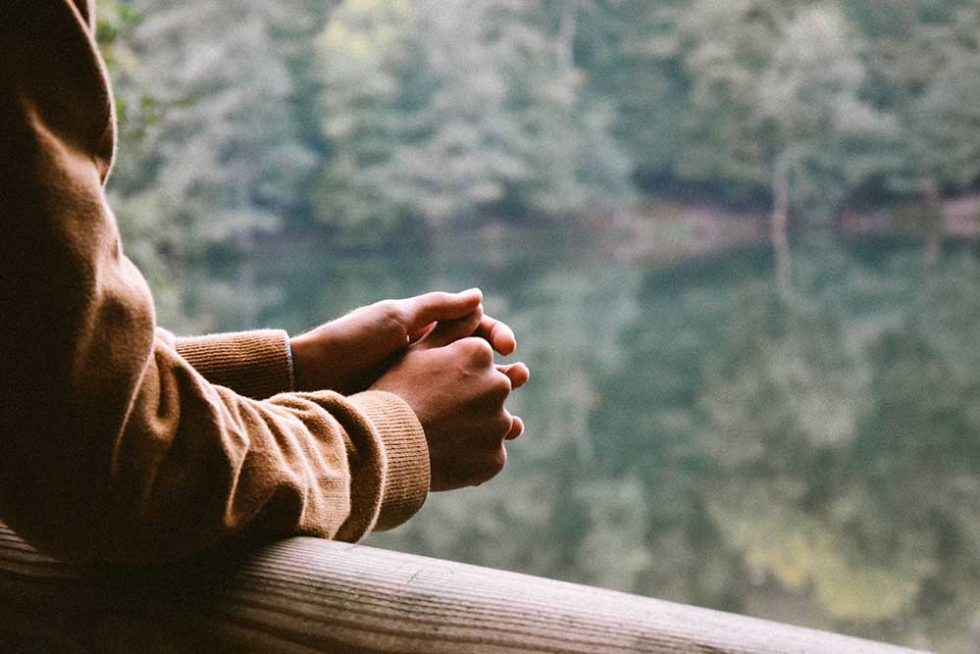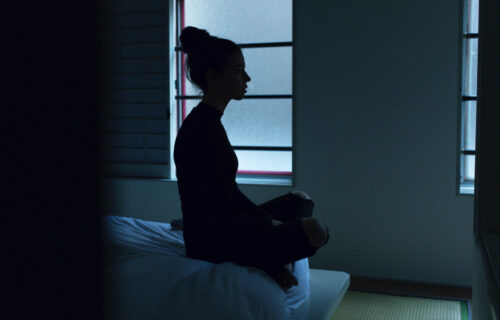
5 Tips to Overcome Coronavirus Anxiety
I have to admit, in the past few months I’ve been swept up in ‘Coronavirus Anxiety’. Despite all the emotional resources I have at my fingertips, sometimes it all just gets away from me.
In the midst of a worldwide pandemic, cities and countries are shutting down. People who just last week were able to pay their bills and provide for their families have now suddenly found themselves jobless. We’ve gone from 100% to zero in a matter of weeks.
Our country leaders come out every day with new information, policies, stimulus packages and contingency plans…yet still, we’re all none the wiser as to how this is all going to play out.
Will we be okay?
Nobody knows.
For many people, this invokes intense feelings of anxiety therapy Melbourne, worry and despair because we don’t know how we’ll be impacted or what will happen next. When we don’t know, our minds start to make stuff up…and it’s not pretty.
We concoct worst case scenarios that are more gut wrenching than the scariest horror movie you’ve ever seen. This is a harsh reminder of a fact that most of us choose to ignore:
Anything can happen at any time.
Sure, we know this intellectually, but it’s only when something like this happens that it really hits home.
So, how do we navigate these times without going stir crazy? Well, it’s true; you have no control over your circumstances; but you do have control over the way you react. Here’s how you can navigate the scary trail of Coronavirus anxiety in the coming months ahead.
ONE: Stay Informed – But Don’t Get Crazy About It
I’m not normally someone who watches the news.
There’s way too much bad stuff in there for my liking, and I prefer to give it a wide berth.
But during this extraordinary time, I need access to the facts as much as anyone else.
In the last 2 weeks of March, I was obsessively watching the news. Every chance I got, I was glued to the telly, tuning in on the hour, every hour …just in case I missed something really important.
I also have a tendency to catastrophise, and this triggered that tendency for me big time. I worried – a lot. I found myself waking at 4 in the morning, unable to get back to sleep.
Eventually I realised that I had to tend first and foremost to my emotional health.
So, I said to my husband, who watches the news daily (and sleeps like a baby): ‘Tell me what I need to know’.
Sometimes I still watch the news, but I limit my media consumption to 30 minutes a day. This has been working very well for me. I get all the facts I need, while side stepping the ‘doom and gloom’ that often comes with sensationalised news stories.
It’s obviously important to stay informed, so you can follow advised safety precautions and do your part to slow the spread of coronavirus. That doesn’t mean you have to become a news junkie.
The important information always has a way of getting to us somehow, so if you’re prone to panic, find a balance that will give you the facts without sending you insane.
TWO: Surrender the Uncontrollable
So here’s what we know so far:
We have this pandemic which has brought entire countries to their knees.
We don’t know how long it will last or what’s going to happen to us. The natural reaction to this is to try to gain some control over the situation.
That’s what the panic buying at the supermarkets is all about; people want to feel like they’re doing something.
We search the internet for the latest news, hoping it will tell us something different. The problem with this approach is that it feeds the anxiety, because we keep asking questions that we don’t know the answer to.
At the end of the day, there’s only so much we can do. We can practise social distancing, good hygiene, stay home as much as possible and follow all the other recommendations from the health authorities.
If we’ve lost our income, all we can do is apply for support from the government and minimise our expenses.
Apart from that we just have to sit tight and wait this thing out. In the meantime, the key is to focus on concrete things we can resolve or change, rather than circumstances beyond our control.
Surrendering your need to control the outcome is easier said that done, but it’s the only way to stop the negative emotional spiral.
So, ask yourself:
‘Are things okay right now, in this moment?’ Will you have food on the table today? A bed to sleep in tonight? I know it’s not much but there isn’t much point worrying about tomorrow when all you have is today.
Anxiety is often described as ‘fear of the future’. Whenever you find yourself being drawn into that disastrous future scenario, take a deep breath and remind yourself: ‘I’m okay in this moment’.
THREE: Practice Appreciation
When things are falling apart, the last thing most people think about is what’s going well in their lives.
Instead, we often take for granted the little things in our day that make us smile.
Yet, studies have shown that when we take the time to appreciate what we have, we are happier. Practising appreciation helps you focus on what is really important, and each time you do it, you strengthen neurological pathways that promote ease, contentment and wellbeing.
Here’s why it works:
Your subconscious mind does not exclude or discriminate. If you focus on what you like, you get more of what you like. The opposite is also true.
Most of us think and speak about what is wrong with the world by default. That’s a habit you want to try to break, because whether you want it or not, it will come into your experience.
Make a list of all the good things that have come from this pandemic. Here are some of mine:
- I go for a run in the fresh air every day with my husband (rather than being stuck indoors on the treadmill);
- I’ve discovered that I can live very comfortably on much less;
- I’m much wiser; I’ve realised how much money I have wasted in the past on frivolous things that did nothing to increase my happiness;
- I have time to write more articles for my website
I believe that by going through this difficult time, we’ll discover positive things about ourselves that we may not have discovered if this hadn’t happened.
We’ll become more resilient and more compassionate as a result of the hardship we have endured. It will change us for the better.
Spend 2-3 minutes a day basking in the goodness of your life, knowing that each time you do this, you are training your mind for happiness. Then watch in delight as you receive even more happiness, joy and contentment than you ever thought possible.
FOUR: Stay connected
With all this social distancing, life can feel pretty lonely. Social isolation is not normal for humans, and it can feed anxiety, loneliness and depression. That’s why it’s important to stay connected with our friends and family during this time.
Take advantage of the internet and Skype to stay in touch with your loved ones. Face to face contact helps ease negative emotions and also gives you something to look forward to.
Use social media, community pages and forums to cultivate friendships and stay connected with the rest of the world.
Also, be wary of the company you keep. There’s nothing more deflating that talking to someone who feeds your own feelings of uncertainty. Negative emotions are contagious, so be sure to protect yourself from that kind of energy. Instead, spend time with people who support and inspire you.
FIVE: Be Nice to Yourself
One of the things we tend to do when things are going wrong is to internalize the problem, as if somehow it reflects on our value as a human being.
This isn’t something you can control and it’s not your fault. It’s normal to feel anxious, despondent and depressed when we lose control of our environment.
When that happens, don’t be mad at yourself; be nice to yourself. Eat well, rest more, meditate, take walks.
Keep your routine up as best you can. Use this time to chill out. Read a book, watch old movies. Say to yourself: ’I am where I am. I don’t have to figure this out right now’.
Take time to focus on little things in your life that feel good. Pet your cat, play with your dog. If you don’t have animals, here’s a great website that allows you to watch live streams of rescue kittens (and other animals) playing.
Distract yourself in whatever way you can, and do whatever it takes to soothe any anxiety you feel in relation to COVID-19. Be kind to yourself and to others during this time. We will all get through this.You can also take the help of hypnotherapy in Melbourne.







